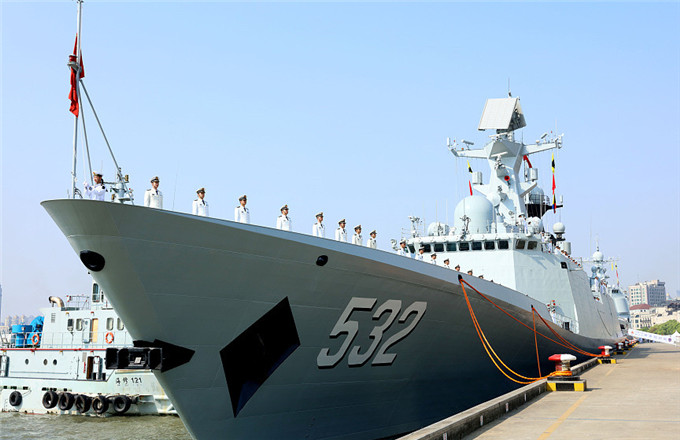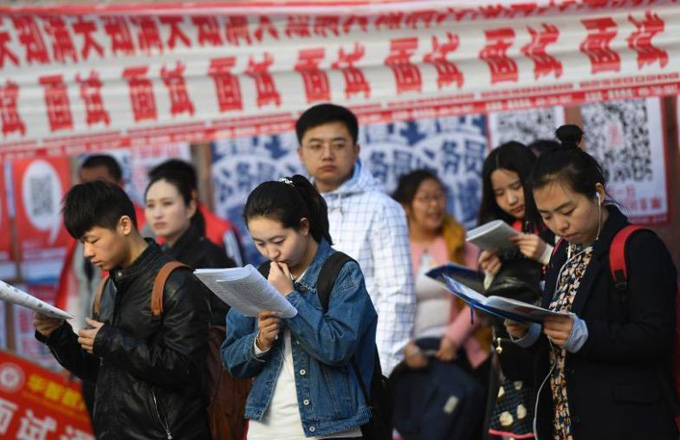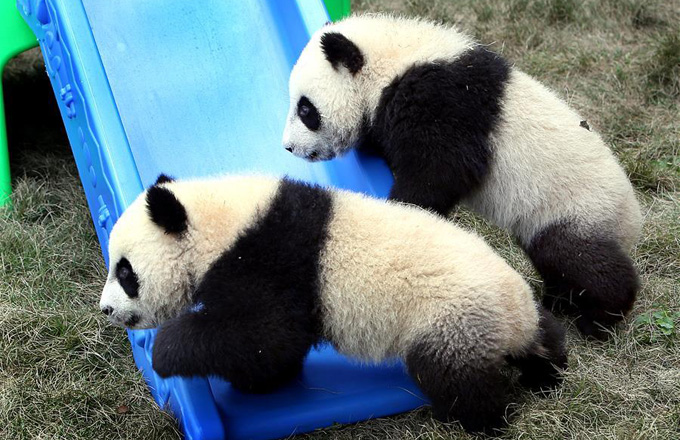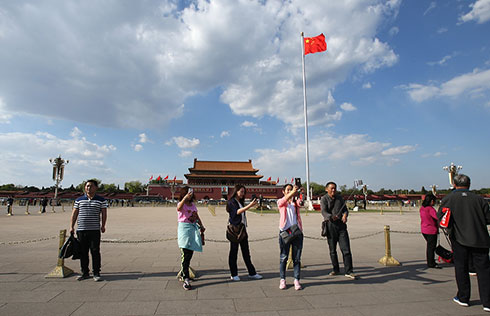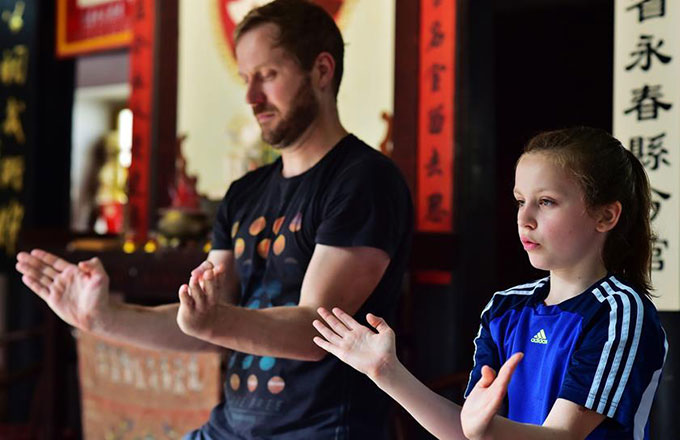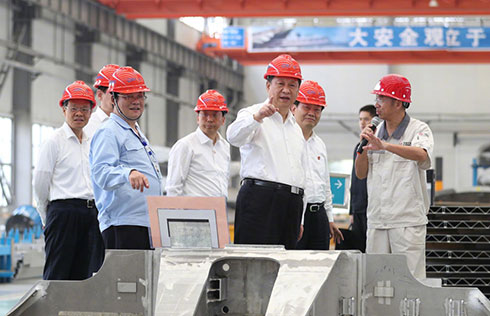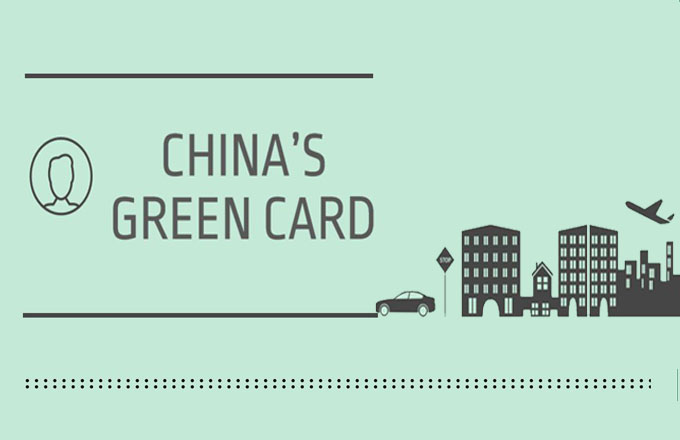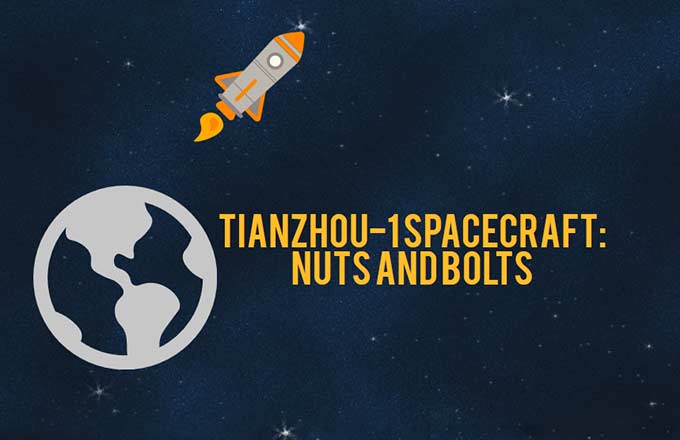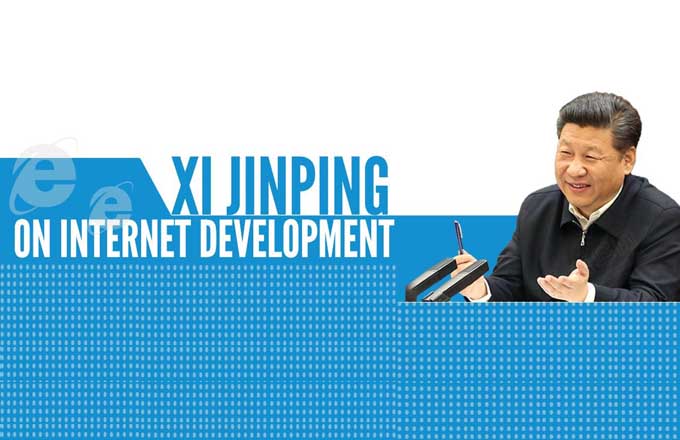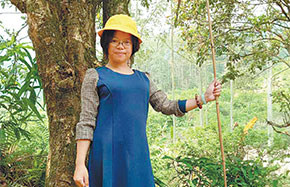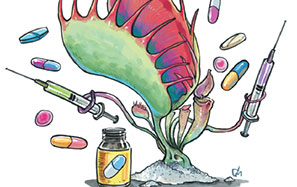Trip to New Delhi proves 'very fruitful'
Applause rose in India's premier hotel, the Taj Palace in New Delhi, as Premier Li Keqiang took the stage and offered a common Indian greeting.
"Namaste!" the premier began.
"Twenty-seven years ago, I came here as leader of the Chinese youth organization and I learned some Indian words. Since then, I have had little opportunity to practice them. Although I don't know whether my pronunciation today is correct or not, I uttered it from the bottom of my heart," he told a group of academics, representatives from think tanks and Indian officials.
Suddenly, the microphone began to squeal for several seconds.
"It's a small accident, and just a prelude," Li said, flashing his usual smile to relax the audience.
"Taking this opportunity, I would like to send full respects to the great Indian people on behalf of the Chinese government," he said.
This is exactly how the premier's style has been. As a man with natural sincerity and humor, Li has undoubtedly impressed the Indian government and its people during his short but significant stay.
Many Indian media said Li's visit would help to raise a new chapter for China-India relations, citing his frankness and openness. They described the premier as open, charming and amiable.
On Tuesday, Li wrapped up the first stop in his nine-day South Asian trip, his first since becoming premier.
The stay was extremely brief but "very fruitful" for both sides, with a series of cooperative agreements signed, ranging from trade and investment to culture and infrastructure.
More importantly, the journey has brought closer the governments from the two emerging countries, and people from the most populous nations.
Li talked with Indian officials, corporate executives and even Indian people.
As the world's leading emerging markets as well as neighbors, China and India have long been troubled by border disputes. And as the economic power of China has risen in recent years, there have been fears that China's growth would pose a threat to the leading economy in South Asia.
But to the surprise of many, Li chose India as the first stop of his overseas visit, sending a very encouraging signal to India and the world.
Indian Prime Minister Manmohan Singh and External Affairs Minister Shri Salman Khurshid expressed their appreciation for Li's decision.
"I sincerely appreciate his reaching out to me on his first day in office and his choosing India as his first foreign destination as premier," Singh said during his media briefing with Li on Monday.
Within 24 hours upon his arrival in India, Li met Singh twice. The first meeting at Singh's official residence was prolonged to more than one hour from the planned half an hour.
Singh and Li said the talks were "deep, frank and friendly".
The talks covered not only commitment to enhancing cooperation to invigorate the economies of Asia and the world, but also sensitive issues including border disputes. "Sensitive topics were brought to the table, which shows our sincerity and determination," Li said.
In the past three days, Li also tried to communicate more with the Indian public.
"Will it be a headline of your newspaper?" Li asked an Indian photographer on Monday at the square of Rashtrapati Bhavan, the official home of the president of India, while shaking hands with his Indian counterpart, making reporters laugh and immediately alleviating the tense atmosphere.
On Tuesday, Li flew to Mumbai and talked to relatives of Dwarkanath Shantaram Kotnis, one of five Indian physicians dispatched to China to provide medical assistance during the War of Resistance Against Japanese Aggression in 1938, and who died of epilepsy. Kotnis was regarded as an example of Sino-Indian friendship.
"It's so nice of him to see us, and we would like to transfer the friendship between China and India to the next generations," said Sanika Jain, granddaughter of an elder brother of Kotnis.
- China's Long March-5 Y2 carrier rocket leaves for launch site
- China's draft law highlights information security, national territory awareness
- Former senior civil affairs official demoted for dereliction of duty
- Cutting overcapacity helps tackle environmental problems, experts say
- Know China Learn Chinese




